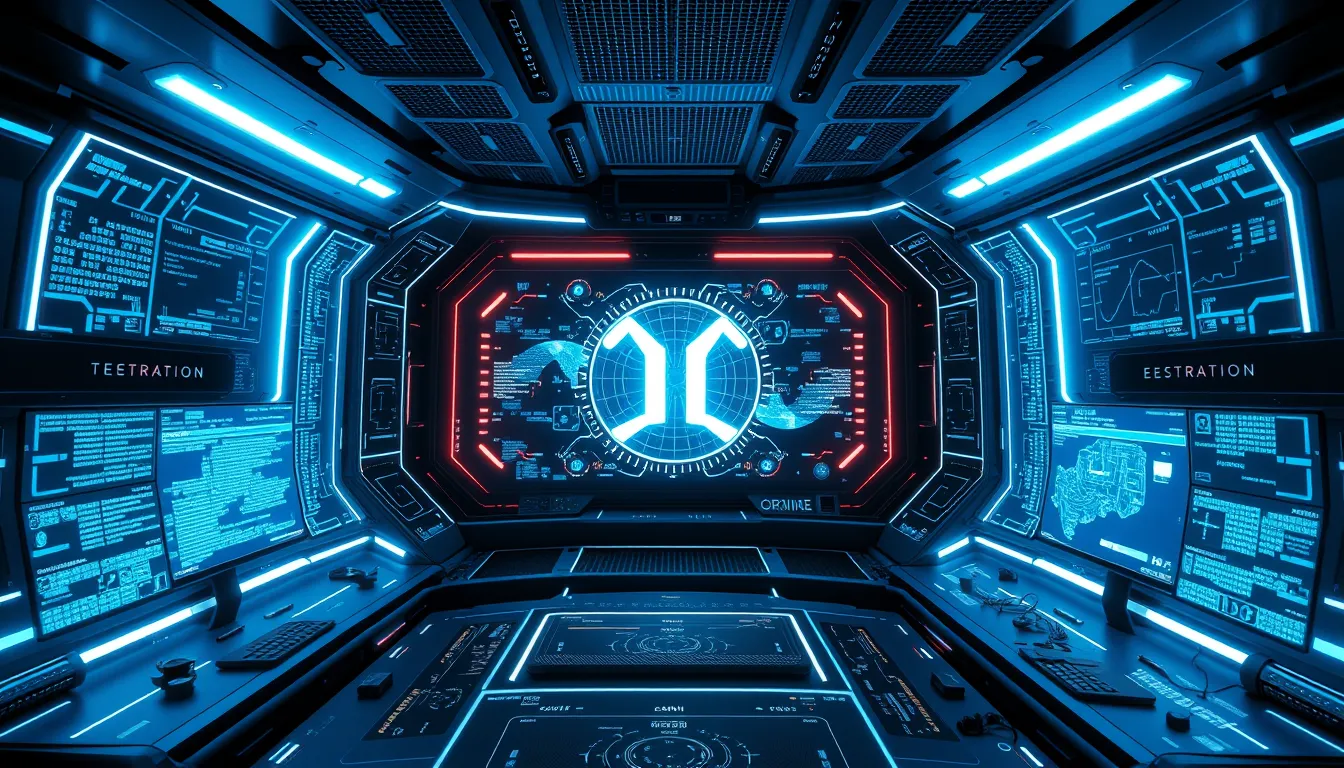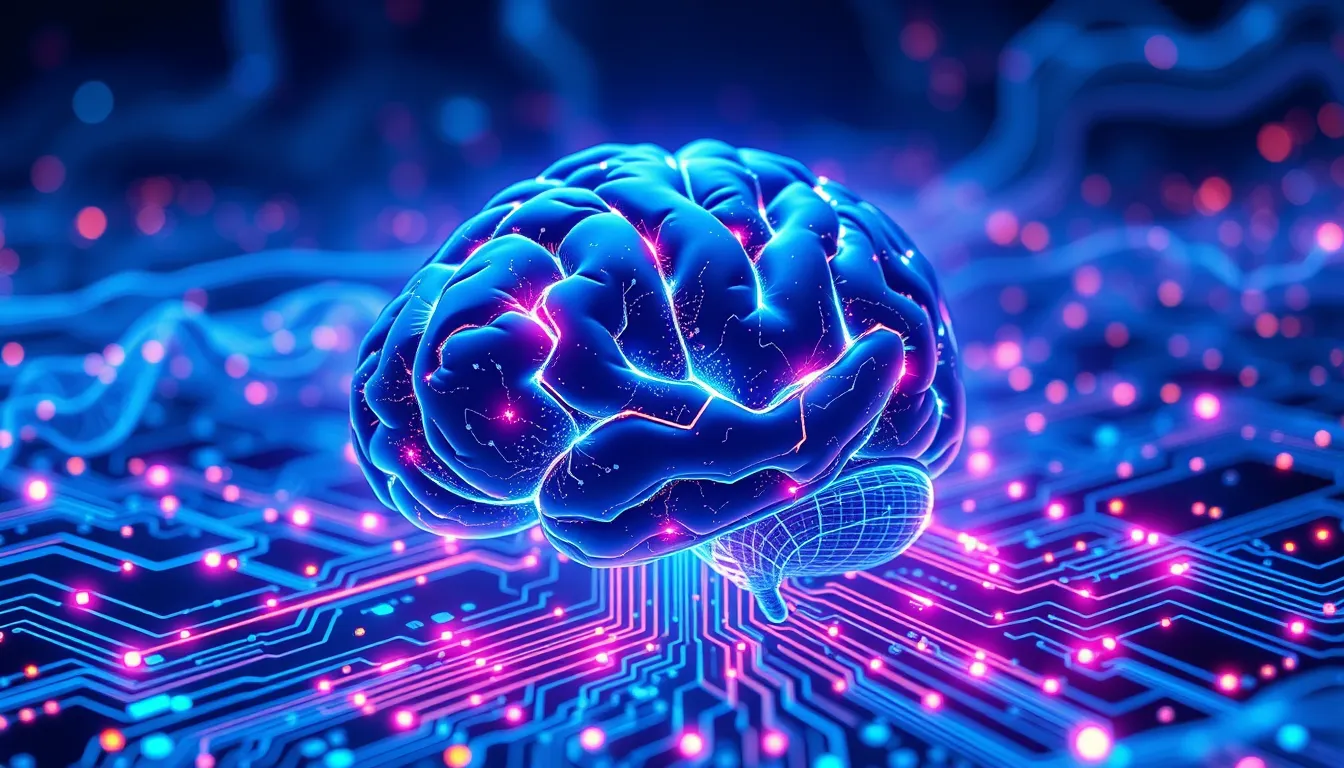Now Reading: Powerful AI in Healthcare Diagnostics: Boosting Patient Care
-
01
Powerful AI in Healthcare Diagnostics: Boosting Patient Care
Powerful AI in Healthcare Diagnostics: Boosting Patient Care

Powerful AI in Healthcare Diagnostics: Boosting Patient Care
Introduction
The rapid advancement of artificial intelligence is revolutionizing many sectors, and one of the most transformative is healthcare. In this article, we explore the journey of AI in healthcare diagnostics, its benefits, and challenges. With the emerging trend of AI in healthcare diagnostics, medical professionals are empowered to make more accurate decisions, reduce errors, and optimize patient care.
The Rise of AI in Healthcare Diagnostics
Artificial intelligence has increasingly become integral to medical imaging and disease prediction. The use of machine learning algorithms and deep neural networks is helping clinicians process and analyze enormous amounts of data quickly.
- Enhanced accuracy in detecting abnormalities
- Faster processing of complex imaging data
- Real-time analysis for prompt decision-making
- Reduction in human error
As technology continues to evolve, the phrase “AI in healthcare diagnostics” becomes synonymous with ground-breaking innovation and a promising future for medicine.
How AI Improves Diagnostic Accuracy
Integrating AI into diagnostic processes offers a significant leap forward in the accuracy and efficiency of medical tests. Hospitals and healthcare systems increasingly rely on this technology for tasks such as interpreting radiological images and identifying patterns in genetic data. This improvement not only accelerates diagnosis but also saves lives by ensuring early intervention.
For instance, consider a scenario where AI algorithms analyze complex imaging scans. The precise, data-driven insights provided by these systems can help doctors confirm a diagnosis faster, ultimately leading to better patient outcomes. The application of “AI in healthcare diagnostics” ensures that advanced analytics complement clinical expertise in a harmonious way.
Key Technologies Driving AI in Healthcare Diagnostics
- Machine Learning: Algorithms learn from medical data to identify subtle patterns often missed by human eyes.
- Deep Learning: Neural networks designed to interpret high-dimensional data such as MRIs and CT scans.
- Natural Language Processing: Enables extraction and analysis of data from clinical notes and patient records.
Each of these technologies contributes to making the impact of “AI in healthcare diagnostics” more robust and far-reaching. Their combined efforts are leading to advancements that were once thought impossible.
Challenges and Considerations
While the benefits are compelling, several challenges remain when deploying AI systems in healthcare environments. Ensuring data privacy, managing vast amounts of sensitive information, and overcoming integration hurdles with existing systems are critical points of focus. Moreover, ethical considerations, including transparency in AI decision-making and bias prevention, must be carefully addressed.
Healthcare providers must continually evaluate the effectiveness and safety of new AI systems. Regular audits and compliance with regulatory standards are essential to maintain trust and reliability in the use of advanced technologies. Therefore, while the term “AI in healthcare diagnostics” symbolizes progress, it also reminds stakeholders of the challenges that lie ahead.
Real-World Applications and Case Studies
Real-world applications of AI in healthcare diagnostics are already evident. For example, many hospitals have implemented AI-driven diagnostic tools that analyze X-rays, ultrasounds, and CT scans with remarkable precision. These systems not only support radiologists but also enable faster and more accurate treatment planning.
- A reduction in diagnostic time by over 30%
- Improved accuracy in detecting early-stage diseases
- Enhanced patient satisfaction due to quick turnaround times
The phrase “AI in healthcare diagnostics” is now a cornerstone in discussions about the future of medical technology, and each success story reinforces the potential of these innovations.
The Future of Healthcare Diagnostic Technologies
Looking ahead, the potential for AI to revolutionize healthcare is immense. Advances in data analytics, increased computational power, and improved algorithms promise even greater breakthroughs in diagnostic accuracy and efficiency. Future applications may include more personalized patient care plans and predictive analytics that can forecast disease progression long before symptoms appear.
The continuous refinement of “AI in healthcare diagnostics” is not only a testament to human innovation but also a beacon of hope for millions around the world seeking improved healthcare outcomes.
Conclusion
The integration of AI into healthcare diagnostics marks a pivotal moment in medical history. The blend of machine learning, deep neural networks, and data-centric approaches is reshaping diagnostic procedures and empowering healthcare professionals to deliver superior care. While challenges exist, the ongoing advancements in “AI in healthcare diagnostics” drive a determined shift towards more efficient, accurate, and patient-focused healthcare systems.
In summary, the future of healthcare holds a promise of smarter diagnostic tools, improved patient outcomes, and a more resilient healthcare infrastructure. By embracing these technologies, the medical community paves the way for an era where artificial intelligence not only enhances but transforms the landscape of healthcare. For further reading on this topic, visit reputable sources such as the World Health Organization and the U.S. Food & Drug Administration websites.

























